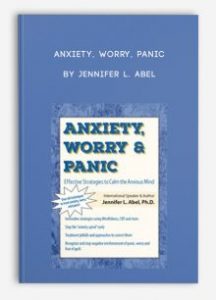 Anxiety, Worry, Panic by Jennifer L. Abel
Anxiety, Worry, Panic by Jennifer L. Abel
More information about Medical:
Medicine is the science and practice of establishing the diagnosis, prognosis, treatment, and prevention of disease.
Medicine encompasses a variety of health care practices evolved to maintain and restore health by the prevention and treatment of illness.
Contemporary medicine applies biomedical sciences, biomedical research, genetics, and medical technology to diagnose, treat, and prevent injury and disease,
typically through pharmaceuticals or surgery, but also through therapies as diverse as psychotherapy, external splints and traction, medical devices, biologics, and ionizing radiation, amongst others.
Medicine has been around for thousands of years, during most of which it was an art (an area of skill and knowledge) frequently having connections to the religious and
philosophical beliefs of local culture. For example, a medicine man would apply herbs and say prayers for healing, or an ancient philosopher and physician would apply bloodletting according to the theories of humorism.
In recent centuries, since the advent of modern science, most medicine has become a combination of art and science (both basic and applied, under the umbrella of medical science).
While stitching technique for sutures is an art learned through practice, the knowledge of what happens at the cellular and molecular level in the tissues being stitched arises through science.
Outline:
Anxiety Spirals, Panic and Early Cue Detection
- Examples of Worry Spirals and Panic Spirals
- The Empirical Evidence
- 3 Benefits of Catching Anxiety Early
- Reminders for Catching Anxiety Early
Mindfulness
- Move Toward Relaxation vs. Away From Anxiety
- Process vs. Command
- Present Focus – Mindfulness as a Relaxation Tool
- Acceptance
- Observation of Thoughts and Emotion
- Labeling of Thoughts and Emotions
- Observation and Labeling Game
Self-Controlled Desensitization (SCD)
- Rationale for SCD
- Formal SCD
- In-Session SCD
- Active Relaxation
Cognitive Therapy
- An Alternative Way to Do Cognitive Therapy – B3s
- Find Alternative Thoughts
- The Role of “Shoulds” and “Need To’s”
- Change to “Want To’s”
- The Humor of Worry
- Deal with Superstitious Worry
- Limitations of Research and CBT Interventions
Problem Solving
- Worry Prevents Problem Solving-Evidence
- 4 Ways to Do Problem Solving
OCD-Like Symptoms in Panic and Worry
- Dangers of a Poor Assessment
- Stop Encouraging Avoidance and Escape
- Assess for Negative Reinforcement
- Remove Crutches
- Traditional Exposure
- Interoceptive Exposure for Panic
- Finding and Flooding “The Real Worry”
- Risks Associated with Treatment of Panic
- Related Research Limitations
Reduce Tension and Increase Energy
- Progressive-Muscle Relaxation
- Quick Alternatives to PMR
- Energy Conservation
Problems That are Often Treatment Resistant and How to Approach Them
- Hypochondriasis and Fear of Untimely Death
- Perfectionism
- Subjugation
- Catastrophizing/Intolerance of Uncertainty
- Procrastination
Description:
Do you want to gain powerful techniques for your clients who struggle with treatment resistant anxiety, worry and panic? Learn how to assess anxious habits, symptoms and behaviors using effective cutting-edge, evidence-based strategies…even with your toughest clients!
Dr. Jennifer Abel will teach you how to stop the anxiety spiral early to significantly reduce the habit of worry and panic using self-controlled desensitization. Experience how evidence-based treatments can help your clients problem solve, reduce tension, and increase energy.
Learn unique, effective approaches to mindfulness, cognitive therapy, and exposure, including thought-labeling, interoceptive exposure, and better-but believable thoughts. Case studies, role plays, demonstrations and interactive discussions will be utilized in this cutting-edge seminar.
Ph.D.
Jennifer L. Abel, Ph.D., international speaker, author and clinical psychologist, has specialized in the treatment of anxiety disorders for over 20 years. Before opening a private practice, she served as the associate director of the Stress and Anxiety Disorders Institute at Penn State under the direction of the leading expert in Generalized Anxiety Disorder (GAD), T.D. Borkovec.
Her first book, Active Relaxation (Self-Published, 2010) has received outstanding reviews from mental health care professionals and anxious readers alike. Her second book, Resistant Anxiety, Worry, and Panic: 86 Practical Treatment Strategies for Clinicians (PESI, 2014), has received praise from top experts in anxiety management. Jennifer is also the author of The Anxiety, Worry & Depression Workbook: 65 Exercises, Worksheets & Tips to Improve Mood and Feel Better (PESI, 2018) and the Melt Worry and Relax Card Deck: 56 CBT & Mindfulness Strategies to Release Anxiety (PESI, 2016).
Dr. Abel has published many articles in professional journals and wrote a pamphlet about GAD for ABCT. She has been quoted by several popular magazines (e.g., Health, Prevention, Glamour) for her expertise in Worry. Dr. Abel presents to the public (e.g., Working Women’s Survival Show), as well as professionals (e.g., Australian Psychological Society; Anxiety Disorder Association of America).


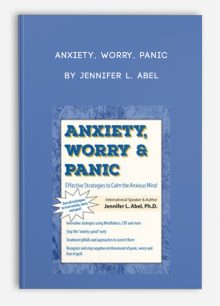
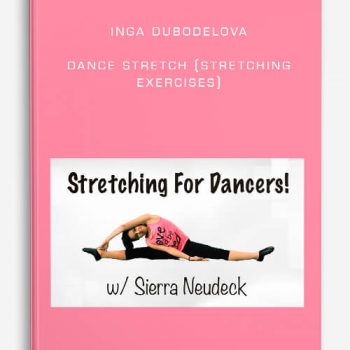
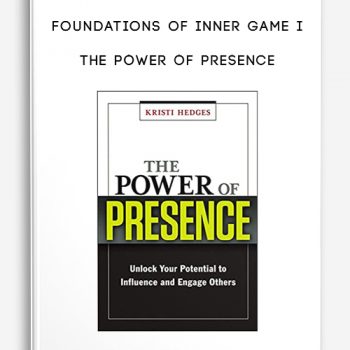
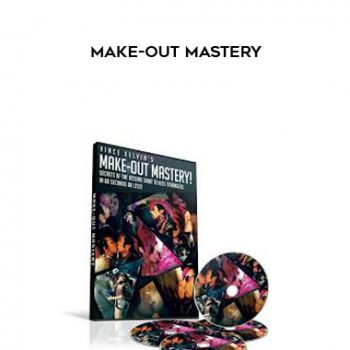

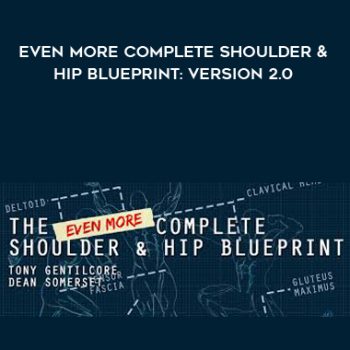

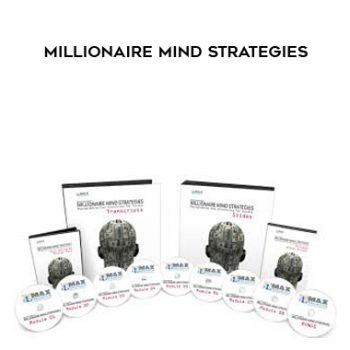

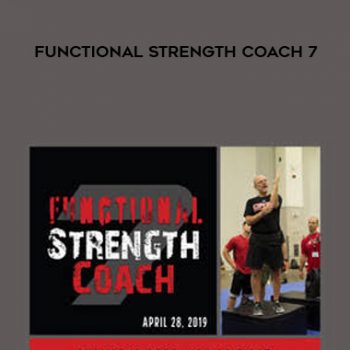
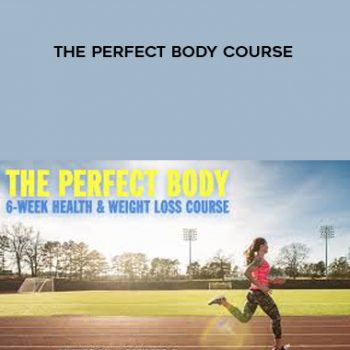
tristian –
This is Digital Download service, the course is available at Coursecui.com and Email download delivery.